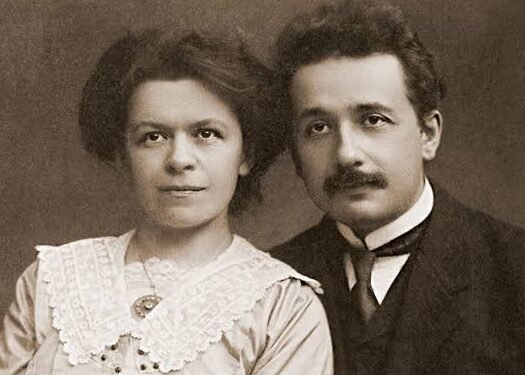
How can Growth mindset and coaching techniques help you grow and succeed in the workplace?
NLP Coaching calls upon psychology and behavioral sciences to create models to help people identify their desired outcomes, challenge their assumptions, reframe their experiences, discover alternative behaviors and experiment with them in order to achieve Excellence.
1- Internal maps of the world
Internal representations, in interaction with language (neuro-linguistic), form our perceptions of the world or maps (programming). Each person’s map of the world determines their feelings and behavior. How often have you heard ‘I am no good at …’ and recognized a self-fulfilling prophecy? Unrealistic maps can often restrict choices and result in problems.
Internal maps are strong influencers on belief and behavior because they are based on previous experiences through which people filter information about the world around them, gathered through their senses. The resulting ‘reality’ of the world as they see it, drives their behaviors, often reinforcing their perception of the world as true.
For example, if somebody feels that ‘nobody ever listens to my ideas’ (their reality), they may not spend a lot of time and effort in presenting them. Their boss, however, may see them as someone who has some good ideas but never fully develops them (the other person’s reality).
There are some NLP tools aimed to help discover the filters somebody puts in place and how they affect what they see, hear, and feel. In turn, this helps them to see how they react to others and the potential for change. Once they become aware of the impact of filters, NLP coaching techniques are said to help them consciously modify or remove them for better insight.
2- Neurological levels model
Robert Dilts developed the neurological levels model as a tool for personal change. This model gives a framework for examining why things happen the way they do.
It aims to help people to identify where best to make changes in order to achieve the desired outcomes.
The levels, with examples of how they might be changed if someone feels his/her ideas are not listened to at work, are:
- Environment. The physical and emotional environment including the people you are with, the greater society and culture of which you are a part.
- Behavior. What you do and how you behave, including taking conscious action with the intention of achieving. For example, consider how successful colleagues get their ideas heard. Is it possible to change your behavior or manner accordingly?
- Capability. How you do things, the skills and processes you employ, and how relevant they are. For example, do you need to brush up on your listening, communication, or presentation skills in order to achieve a more significant impact?
- Beliefs and values. What is important to you and what do you expect to happen in a given situation? For example, are you conveying the message that you wish to be listened to?
- Identity. Your sense of who you are and the different role(s) you play in life. For example, have you adopted the role of the implementer of others’ ideas rather than that of an ‘ideas person’?
- Spirituality or connectedness. Your higher purpose, what makes you who you are, what you offer the wider society, and what will fulfill you? For example, do you really believe that your ideas could make a difference? Are you motivated by job satisfaction?
NLP Coaching is the study of human excellence and demonstrates how to communicate effectively and influence others. It can be effectively used to enhance Personal and Corporate life.
Written by Nada El Gazzar – NLP Trainer and Coach, CBT Coach, Excellence Advisor & EFQM Coach













